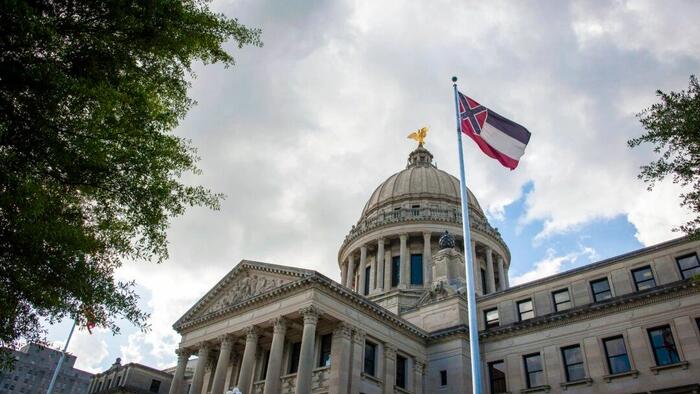Business
Federal Court Halts Mississippi’s DEI Ban in Schools Temporarily

A federal court has issued a temporary restraining order preventing the state of Mississippi from enforcing a law that bans diversity, equity, and inclusion (DEI) practices in educational institutions. The U.S. District Court for the Southern District of Mississippi, Northern Division, delivered this ruling on July 20, 2023, in response to a lawsuit filed by a coalition of plaintiffs, including the Mississippi Association of Educators.
Mississippi’s House Bill 1193, which took effect on April 17, 2023, prohibits DEI activities in public schools as well as public postsecondary educational institutions. Specifically, the law bans the establishment of DEI offices, the consideration of diversity statements during hiring processes, and the promotion of ideologies associated with DEI and transgenderism within academic programs.
In their lawsuit filed on June 9, 2023, the plaintiffs argued that the law imposes “viewpoint-based and content-based restrictions” that infringe upon the First and Fourteenth Amendment rights of both educators and students. The court’s recent ruling allows the plaintiffs to seek a permanent injunction against the law, with a hearing on this request scheduled for July 23, 2023.
The state had attempted to have the lawsuit dismissed, citing Eleventh Amendment sovereign immunity. The defendants in the case include the Board of Trustees of State Institutions of Higher Learning, the Mississippi Community College Board, the Mississippi State Board of Education, and the Mississippi Charter School Authorizer Board—all of which are recognized as extensions of the state itself.
The legal landscape surrounding DEI practices has seen significant shifts following executive actions during the Trump administration. On January 21, 2021, President Donald Trump signed an executive order aimed at eliminating programs deemed discriminatory, stating that schools failing to comply would risk losing federal funding. Furthermore, on April 23, 2021, an additional executive order was implemented to curtail DEI initiatives in the accreditation processes for colleges and universities.
Linda McMahon, then Secretary of Education, commented on the implications of these orders, noting they would reduce bureaucracy and foster innovation while addressing rising educational costs. She asserted that the existing accreditation system favored established institutions and stifled new entrants into the educational market.
In contrast, Arkansas recently achieved a legal victory when the Court of Appeals for the Eighth Circuit ruled on July 16, 2023, in favor of the state’s ban on critical race theory in public schools. This decision highlights the ongoing national debate surrounding similar educational policies.
The Mississippi court’s ruling reflects a broader trend of legal challenges to legislation aimed at regulating DEI practices, raising critical questions about educational policies and constitutional rights in the United States. As the situation develops, the outcome of the upcoming hearing may set important precedents for education and civil liberties across the nation.
-

 Lifestyle3 months ago
Lifestyle3 months agoLibraries Challenge Rising E-Book Costs Amid Growing Demand
-

 Sports3 months ago
Sports3 months agoTyreek Hill Responds to Tua Tagovailoa’s Comments on Team Dynamics
-

 Sports3 months ago
Sports3 months agoLiverpool Secures Agreement to Sign Young Striker Will Wright
-

 Lifestyle3 months ago
Lifestyle3 months agoSave Your Split Tomatoes: Expert Tips for Gardeners
-

 Lifestyle3 months ago
Lifestyle3 months agoPrincess Beatrice’s Daughter Athena Joins Siblings at London Parade
-

 World3 months ago
World3 months agoWinter Storms Lash New South Wales with Snow, Flood Risks
-

 Science3 months ago
Science3 months agoTrump Administration Moves to Repeal Key Climate Regulation
-

 Science2 months ago
Science2 months agoSan Francisco Hosts Unique Contest to Identify “Performative Males”
-

 Business3 months ago
Business3 months agoSoFi Technologies Shares Slip 2% Following Insider Stock Sale
-

 Science3 months ago
Science3 months agoNew Tool Reveals Link Between Horse Coat Condition and Parasites
-

 Sports3 months ago
Sports3 months agoElon Musk Sculpture Travels From Utah to Yosemite National Park
-

 Science3 months ago
Science3 months agoNew Study Confirms Humans Transported Stonehenge Bluestones









